Worker Rights Consortium Denied Access to Nike Factories Producing Collegiate Apparel
BY ISN STAFF | December 16, 2015
WASHINGTON, D.C. – Nike, the world’s largest supplier of athletic shoes, apparel, and other sports equipment, has announced that it will no longer allow the Workers Rights Consortium access to its collegiate factories for the purpose of assessing compliance with university labor codes.
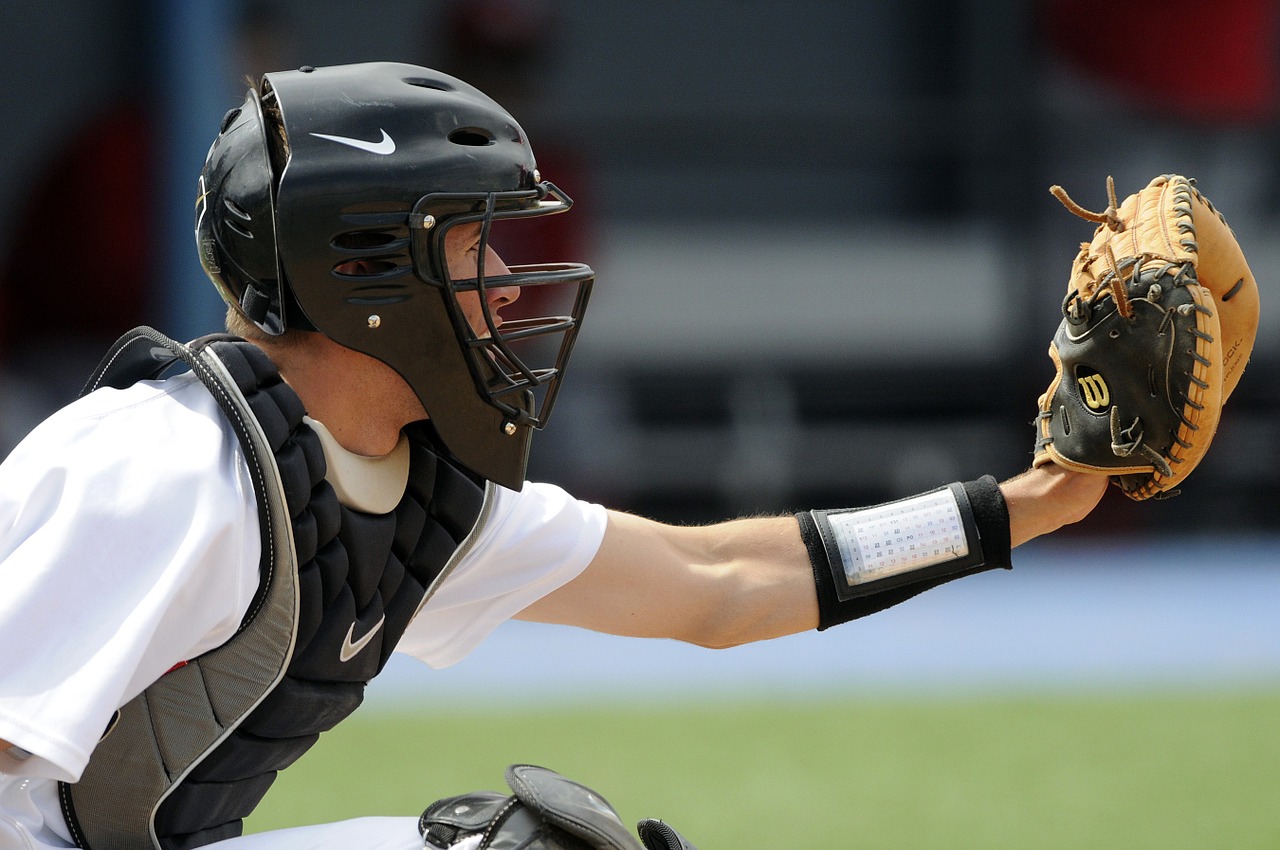
Nike apparel is worn by collegiate athletes across the U.S. [Creative Commons: Public Domain]
The WRC conducts independent, in-depth investigations; issues public reports on factories producing for major brands; and aids workers at these factories in their efforts to end labor abuses and defend their workplace rights.
According to a memo addressed to affiliate universities on the WRC website, WRC received a letter from Nike on October 29 denying the group’s request for access to Hansae Vietnam, a factory producing university logo goods.
“Nike has a rigorous due diligence and criteria-assessment process to determine third party auditors, through which representatives of the Fair Labor Association and Better Work have been approved to conduct audits of those contract factories manufacturing Nike product,” said the letter from Nike. “However, Nike does not permit other third parties to conduct such assessments.”
WRC says it had requested access to Hansae Vietnam after learning of an ongoing strike there, reportedly launched in protest of the factory’s labor practices. WRC says it has been prevented from investigating the circumstances of the strike so far. In response, Nike says the issues at the factory factory have been “resolved in compliance with [Nike’s] Code of Conduct,” arguing that this reassurance should be satisfactory to universities.
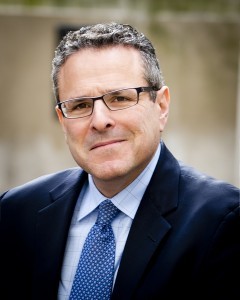
Scott Nova has been executive director of the Worker Rights Consortium since 2000.
On December 7, Scott Nova, executive director of the Workers Rights Consortium shared additional information with university members. In a memo to all 185 university affiliates, he refrained from asking them to take action, reemphasizing WRC’s hope that Nike “will reconsider its position so that [the WRC] can focus…attention on addressing labor rights problems.”
In the memo, Nova clarified a number of misrepresentations about the WRC as well as the labor codes of university affiliates, including:
- Clarifying the WRC’s role as a fact-finding organization that performs in-depth investigations when necessary
- WRC’s capacity as an effective investigator is evidenced only by university membership, but by the many cases in which the WRC has uncovered violations at factories that the auditors working for brands (including Nike) have missed.;
- Noting that Nike has a contractual responsibility to university licensees to cooperate with the university’s choice of factory monitors;
- Sharing that Nike has provided access to WRC investigators in the past, despite Nike’s suggestion that they have always denied the WRC access;
- Emphasizing the WRC’s credibility as an investigator as illustrated by the 180+ university affiliates that continue their relationship with the WRC year-in and year-out;
- Clarifying that WRC is committed to labor rights but as an investigative organization and not as an activist organization as Nike suggests;
- Pointing out that the WRC and Nike have been able to work together over the past fifteen years.
In closing, Nova said the effectiveness of the WRC’s work depends on access to university licensee factories, noting that “it is important that Nike, like other licensees, accommodate these requests.”

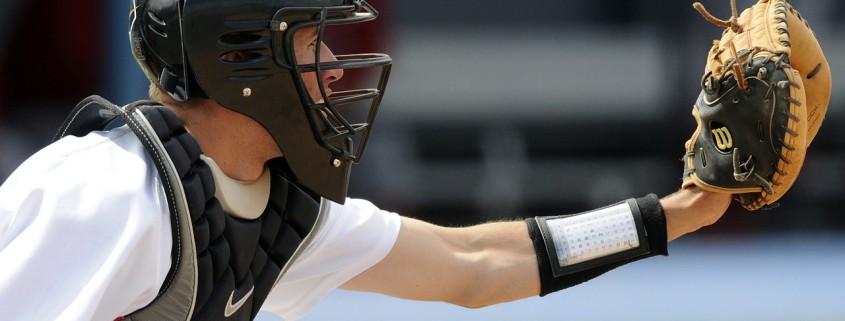
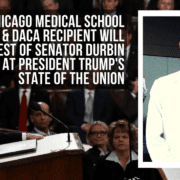
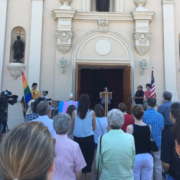



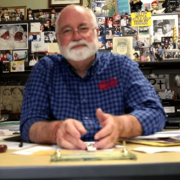



Leave a Reply
Want to join the discussion?Feel free to contribute!